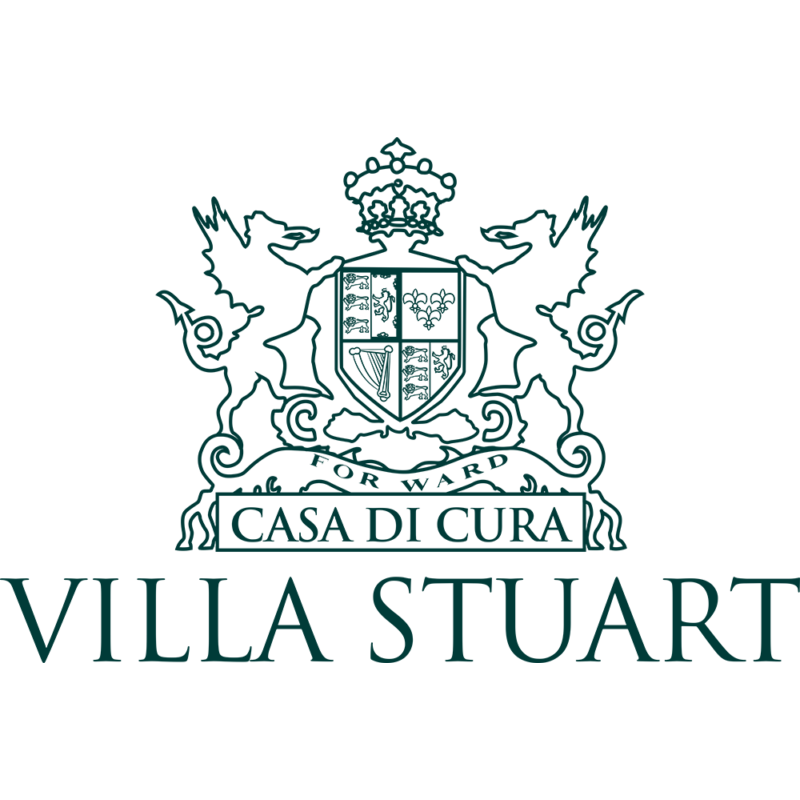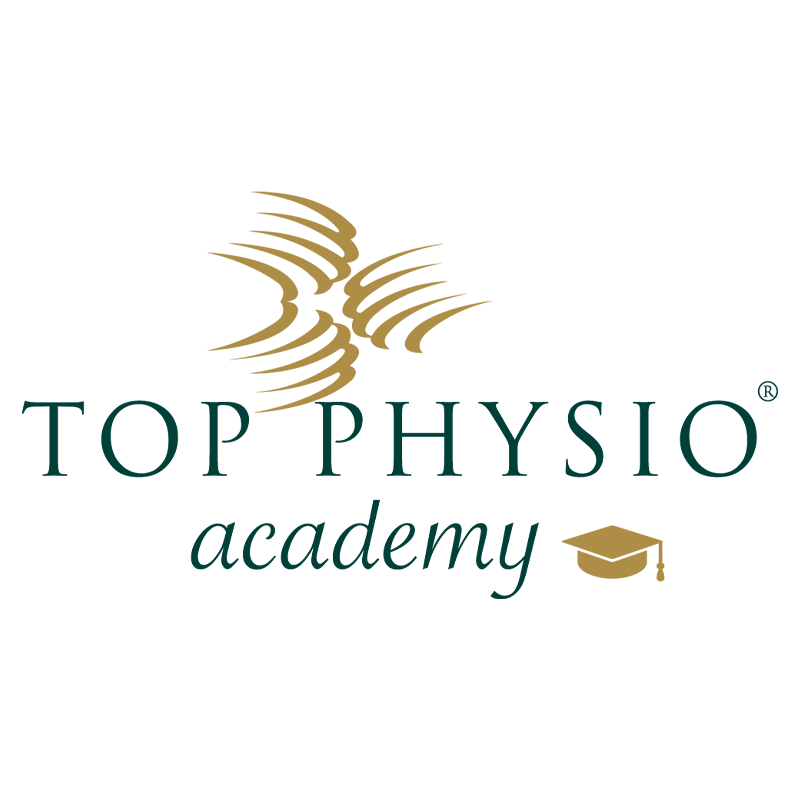START
12 Settembre 2025
Purposes
The aim of the Academic Master is to train professionals with specific and qualified skills within the field of sports rehabilitation, from single intervention to the intervention in large sports groups.
Upon completion of the Academic Master, the candidates will be able to design, perform kinesiological assessments, conduct and manage rehabilitation protocols for high-level athletes. The students will acquire specific competencies for the administration of work programmes aimed at achieving, maintaining and recovering, through rehabilitation and exercise, the optimal framework of health, efficiency and psychophysical well-being.
Basic preparation in the biomedical field will be integrated with innovative contents and methods, proposed in the course, which are fundamental for both physiotherapy and athletics disciplines.
Upon completion of the course, participants will be able to work in both associations and public and private facilities, designing and implementing rehabilitation, motor and sports programmes that are tailored and personalised to each individual.
Upon completion of the course, the candidates may aspire to the following professions:
- sports physiotherapist working in professional sports teams
- sports physiotherapist working in physiotherapy centres specialist in the treatment of sports subjects
- sports physiotherapist working in clinics specialising in orthopaedics and rehabilitation of sports subjects
Course description
- The master provides for compulsory attendance 2 weekends per month, alternating between an online weekend and an in-person weekend.
- The first weekend will take place from 12 to 14 september 2025 in presence.
- Presential lessons will be held atLink Campus University, Rome branch.
- The learning pathway includes 36 hours of compulsory practical activity, to be held at the Top Physio – Villa Stuart physiotherapy centres. Dates and times will be determined based on the candidate's preferences.
- The attainment of the qualification entails the acquisition of60 Credits (CFU). Candidates are required to participate in at least 60% of theoretical lessons, whereas attendance at practical activities is compulsory. and no absences are expected.
- During the course of the master, participants will have the opportunity to work with cutting-edge technologies and to assist professionals in ‘manu-medical’ activities, such as CT-guided intraforaminal injections, ultrasound-guided focal shock waves, and platelet-rich plasma (PRP) injections.
Furhermore, it will also be possible to use the equipment of the Functional Assessment Laboratory at Villa Stuart Nursing Home and try out conditioning tools such as BFR, NMES, isokinetic and isoinertial training. Participants will also learn how to programme work protocols and functional tests to safely manage a return to sporting activity.
Target students and career opportunities
Candidates in possession of an academic qualification obtained abroad that is equivalent in duration and content to the Italian academic qualification required for admission to an Academic Master may apply for admission.
However, enrolment remains subject to the assessment of the suitability of the qualification by the academic bodies for the sole purpose of enrolment. In the event of failure to meet the prescribed requirements, the Postgraduate Training Office may, at any time and with justified reasoning, order exclusion from the Academic Master.
Candidates in possession of a qualification obtained abroad that has not previously been declared equivalent by an Italian academic authority may ask the Scientific Committee to recognise their qualification solely for the limited purpose of enrolling in the course. The qualification obtained abroad must be accompanied by an official translation into Italian, legalisation and declaration of value by the Italian Diplomatic Representations in the country in which the qualification was obtained.
Admission
In order to enrol in the Academic Master, the candidates are required to have attained the following academic qualifications:
- Bachelor's Degree in Physiotherapy obtained according to the didactic regulations prior to Ministerial Decree no. 509 of 3 November 1999
- Bachelor's Degree in Physiotherapy pursuant to Ministerial Decree 509/99 and pursuant to Ministerial Decree 270/2004
- Specialist Degree in Physiotherapy pursuant to Ministerial Decree 509/99 and Master's Degrees pursuant to Ministerial Decree 270/2004
- University diploma in Physiotherapy
- Equivalent qualifications to the qualifications listed above
- Any other degrees will be assessed by a special teaching commission
Those who do NOT possess the qualifications required for admission to the Master's programme (sports science, orthopaedic techniques, massage therapist, osteopath, etc.) may be admitted as an auditor.
By paying the entire amount of the tuition feesauditors:
- mill have access to all lessons and will be able to participate in 80% of the practical part related to rehabilitation protocols, the third phase, medical fitness, functional assessment tests, and the hydrokinesitherapy module.
- will be able to schedule 36 hours of practical training at the Top Physio Physiotherapy Centres – Villa Stuart focusing them on the activities they are authorized to perform.
- in particular, auditors will have the opportunity to work with the latest technology, attend surgical procedures, see and use the devices in the Functional Assessment Laboratory at the Villa Stuart Nursing Home, try out conditioning tools such as BFR, NMES, Isokinetic and Isoinertial, and programme work protocols and functional test batteries to safely decide when to return to sport.
- the only lessons that auditor will be able to attend without actively participating are those related to the modules on palpatory anatomy, sports massage, neuromuscular taping and bandaging (20%).
- will not be able to take exams, discuss a final dissertation, or receive credits.
- will not receive a Master's degree, but a Certificate of Participation and Attendance.
Tuition fees
The annual tuition for the registration to the Master is 4.500 €
Registration
Students wishing to enrol may request an appointment with the Postgraduate Office by calling +39 06 3400 6000.
Internal Faculty
The teaching activities will be entrusted to members of the teaching staff at Link Campus University and medical doctors and professionals who work daily at Villa Stuart clinic and at the Top Physio centres, who will not only teach the course, but will also share the skills and knowledge they have gained throughout their professional experience.
Scientific Board
-
Prof. Francesco Franceschi
Associate professor at the Faculty of Medicine and Surgery at Link University in Rome and orthopaedic surgeon at Villa Stuart. -
Prof. Pier Paolo Mariani
A point of reference for thousands of national and international professional athletes.
Didactic Director
-
Prof. Claudia Celletti
Associate Professor of Physical Medicine and Rehabilitation at Link Campus University.
PROGRAMME
SUBJECT 1 – Laboratory for multifactorial functional assessment of the athlete (9 CFU)
- Palpatory anatomy and functional testing
- Practical applications of muscle physiology in rehabilitation
- Muscle physiology
- Notes on fibrolysis and cupping
- Nutrition in sport
- Medical Fitness
- Re-athletisation methods
- Posture and biomechanics of the cyclist
- Principles of clinical biomechanics of the spinal column applied to sports
- Prevention protocol
- Applied concepts of Functional Assessment
- Laboratory of Functional Assessment: General Part
- The Newton method
SUBJECT 2 – Diagnostic methods and surgical techniques applied to the professional sportsman (9 CFU)
- Musculo-skeletal ultrasound with a focus on sports with live ultrasound anatomy
- Musculoskeletal MRI and X-ray with a focus on sports: muscle injuries, fractures and shoulder, knee and ankle injuries
- First aid and diagnostic framing of muscle injuries and fractures and injuries of the shoulder, knee and ankle"
- From experimentation to publication: EBM in sports physiotherapy
- Sports fitness in orthopaedics
- Growth factors
- Focus on spinal pathology in the growing athlete
- Neurosurgery and orthopaedic spine surgery in sports
- Introduction to pubalgia and conservative treatments
- Hip pathology as a cause of pubalgia
- Sport's hernia as a cause of pubalgia
- Foot injuries in sports
- Ankle injuries in sports
- Shoulder injuries in sports
- Knee injuries: meniscus and cruciate ligaments
- Muscle injuries. Classification and treatment
- Brachial plexus orthopaedics and sports traumatology
- Sports Orthopaedics and Traumatology in the elbow
- Sports Orthopaedics and Traumatology in the wrist and hand
SUBJECT 3 – Defining the rehabilitation protocol in sports: conservative and post-surgical applications (9 CFU)
- Fascial anatomy and manual techniques - PART I
- Fascial anatomy and manual techniques - PART II
- Postural therapies in sports
- Ankle re-education and manual techniques applied to sports (First, second and third phase)
- Shoulder rehabilitation and manual techniques applied to sports (First, second and third phase)
- Re-education in pubalgia and manual skills applied to sports (First, second and third phase)
- Drills and running propaedeutics
- Post-operative rehabilitation protocols for meniscal injuries
- Post-operative shoulder rehabilitation protocols: PART I
- The post-operative shoulder rehabilitation protocols: PART II
- Post-operative ACL rehabilitation protocols
- The foot post-operative rehabilitation protocols
- Post-operative ankle rehabilitation protocols
- Sports physiotherapy in Paralympic athletes
- Post-operative hip rehabilitation in the context of pubalgia
- The third phase of knee rehabilitation
- Spinal rehabilitation in athletes
- Rehabilitation of pathologies and injuries of the hand and wrist
- Brachial plexus and elbow rehabilitation applied to sports
SUBJECT 4 - Functional bandaging and sports massage: advanced techniques (15 CFU)
- INTENSIVE NEUROMUSCULAR TAPING COURSE
- The use of taping in sports physiotherapy
- Neuromuscular taping in sport
- INTENSIVE SPORTS MASSAGE COURSE
- Massage in sports physiotherapy
- Sports massage: manual techniques
SUBJECT 5 - Sport psychology and communication strategies of sports staff (6 CFU)
- Principles of communication
- Communication between the sports physician and the physical therapist
- The importance of the figure of the physical therapist in the sports world: the relationship between the physical therapist and the athlete and the role of communication
- Basic concepts of post-injury psychology and applied sports psychology
- Post-injury psychology and practice applied to the professional athlete
- Personal professional experience
SUBJECT 6 - Hydrokinesitherapy in the rehabilitation of the professional athlete (6 CFU)
- Hydrokinesitherapy in the rehabilitation of the sportsman: lower limb - PART I
- Hydrokinesitherapy in the rehabilitation of athletes: lower limb - PART II
- Hydrokinetic therapy in sports rehabilitation: the spine - PART I
- Hydrokinesiotherapy in sportsmen's rehabilitation: column - PART II
- Hydrokinesiotherapy in sports rehabilitation: upper limb - PART I
- Hydrokinesiotherapy in sports rehabilitation: upper limb - PART II
PRACTICAL EXERCISES
- Seminars and supplementary practical activities will be held at Top Physio Clinics and Villa Stuart facilities
FINAL EXAMINATION (6 CFU)
At the end of each course there will be an examination relating to the topics covered. The grade (expressed in thirtieths) will form an integral part of the final grade average for the Master.


